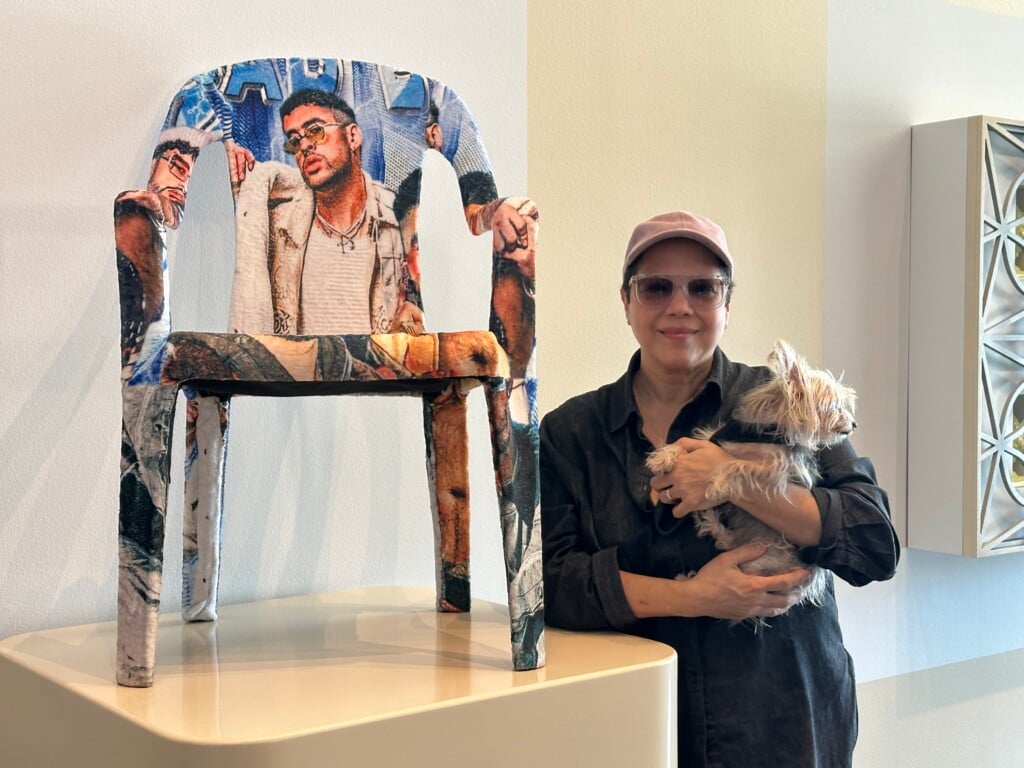Will Power

It would be easy to forgive Okkervil River singer and songwriter Will Scheff for being less than enthusiastic about a return to the area. When his group played the Grand Emporium two years ago, his achingly beautiful, breakup-based take on the blues standard “Kansas City” failed to spark civic pride in the sparse crowd. And when he played a solo show at the Replay Lounge in January, a noisy, disinterested audience all but babbled his morose melodies into oblivion. During “Kansas City,” he even fielded a “you suck” taunt. He effortlessly weaved a rhyming response into the lyrics, immediately following where the sky is so blue with an improvised you do, too.
But there were also a few fans at both shows who stood near the stage, mouthing the words and swaying to the music. And a few instant converts stumbled into the venue without expectations and left with one of the group’s categorically brilliant discs, 2002’s Don’t Fall in Love With Everyone You See or 2003’s Down the River of Golden Dreams. Given that it records for the tiny Indiana-based label Jagjaguwar and plays a challenging hybrid of Elvis Costello’s confessions, Johnny Cash’s murder ballads and Nick Drake’s pensive portraits, Okkervil River is content to measure success one listener at a time.
“We’ve played for absolutely nobody, which is a total blast because you can do what you want,” Scheff says. “It’s important to not just go through the motions if anyone at all came to see you. At the Replay Lounge, I knew no one was going to hear me, but I can play and feel like nobody cares, and it doesn’t bother me because I’m having a good time.”
Although he might be having fun onstage, Scheff’s songs aren’t exactly party fodder. Take “Westfall,” a deceptively catchy number about a deceptively charming killer. They’re looking for evil/Thinking they can trace it/But evil don’t look like anything, sings the character as he stares without malice into the television cameras focused on his face. Or “Dead Dog Song,” the first tune the Austin, Texas-based trio wrote together after forming in 1998; over a whirling bluegrass backdrop, Scheff scatters his pet’s ashes where the animal once roamed, moaning, Now the branches scratch my face/And I can’t hold back my tears.
“Dead Dog Song,” unlike most of Scheff’s creations, is largely autobiographical. His other characters — a lonely ballerina estranged from her daughter, a repentant lieutenant responsible for atrocities, a forlorn soul listening to Otis Redding alone on Christmas Day — take elements of his experiences and magnify them for maximum melodramatic effect. The resulting tales are often turbulent tearjerkers, though they’re not necessarily sad songs. They’re emotionally exhausting, thick tapestries of hope, helplessness, love, loss, bitterness and epiphany.
“We try to write songs that have a certain intensity beyond sad or happy,” Scheff says. “It might sound pompous, but we want to make ecstatic music. We’re trying to write songs with contradictory feelings. So much thoughtful music gets called sad, which says a lot about what pop music means to people.”
Scheff’s lyrics might be complex and contemplative, but they’re never ostentatiously obtuse. Eschewing irony and convoluted metaphors, he uses simply stated progressions, such as Red is my favorite color/Red like your mother’s eyes after a while/Of crying because you don’t love her. The title character of “The War Criminal Rises and Speaks” isn’t a wayward lover seeking reunion; he’s a disgraced wreck who slaughtered women and children. And when he passionately pleads his case, expressing profound regret and wishing he could restore their lives and then give back my own, Scheff’s song approaches devastating documentary realism.
“That song is extremely draining to perform,” Scheff says of “War Criminal.” “I always dread playing it and feel extremely fulfilled once I’m done.”
But even though he remains conscious of his lyrics, Scheff doesn’t employ method-acting techniques. “I’m uncomfortable with literalizing the songs,” he says. “I don’t want people to think that the meaning of the song is somehow enacting itself in my performance.”
Though as talented as peers such as Ryan Adams or Bright Eyes’ Conor Oberst, Scheff and Okkervil River have yet to ascend to that level of recognition. The group has turned heads in the music press: Magnet magazine named Golden Dreams to its 2003 top-ten list, and Rolling Stone‘s David Fricke declared the group “ready for worldwide renown.” If one of its tracks — perhaps “It Ends With a Fall,” which releases a cathartic afterglow sigh after each climactic chorus — smuggles itself onto the airwaves, Okkervil River could quickly outgrow its cult status.
In the meantime, Scheff isn’t complaining about his outfit’s relative obscurity, undeserved as it might be. He achieved one of his two goals in music last month when he quit his day job to concentrate on Okkervil River full time. As for the other, having enough cash to afford organic groceries, he might cross it off his checklist by late spring if the several-month tour he’s about to undertake proves profitable.
“I would hesitate to bitch about anything that’s happened to me when it comes to music,” he says. “I remember not being able to get a gig in Austin, so I’m grateful that anyone comes out to see us. It’s a nice thing to have people out there who are following what you’re doing.”




